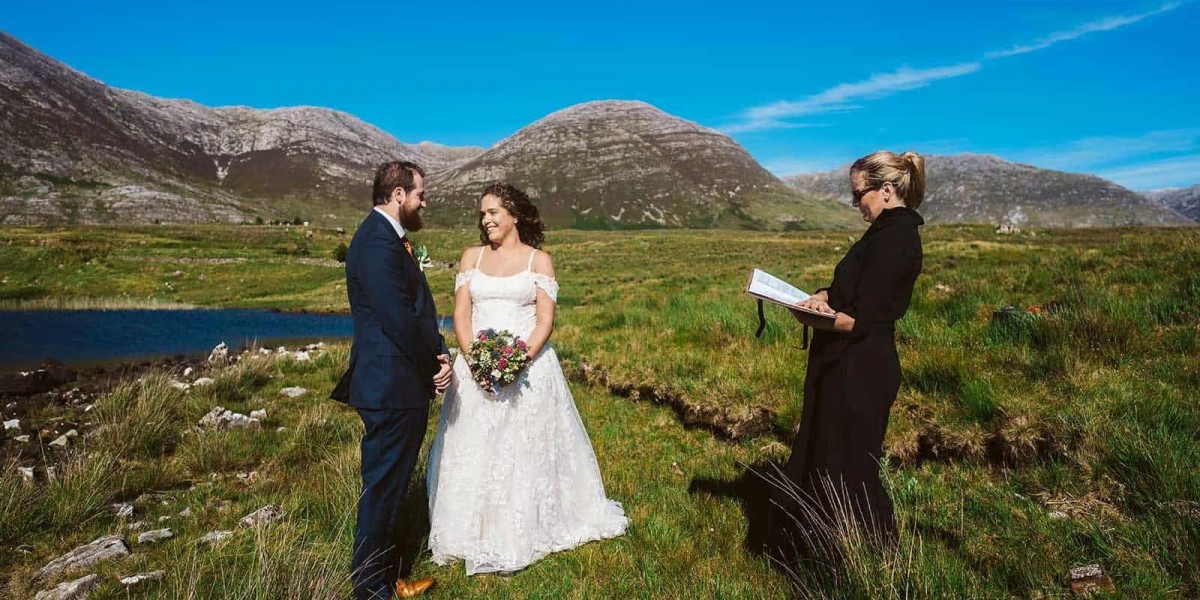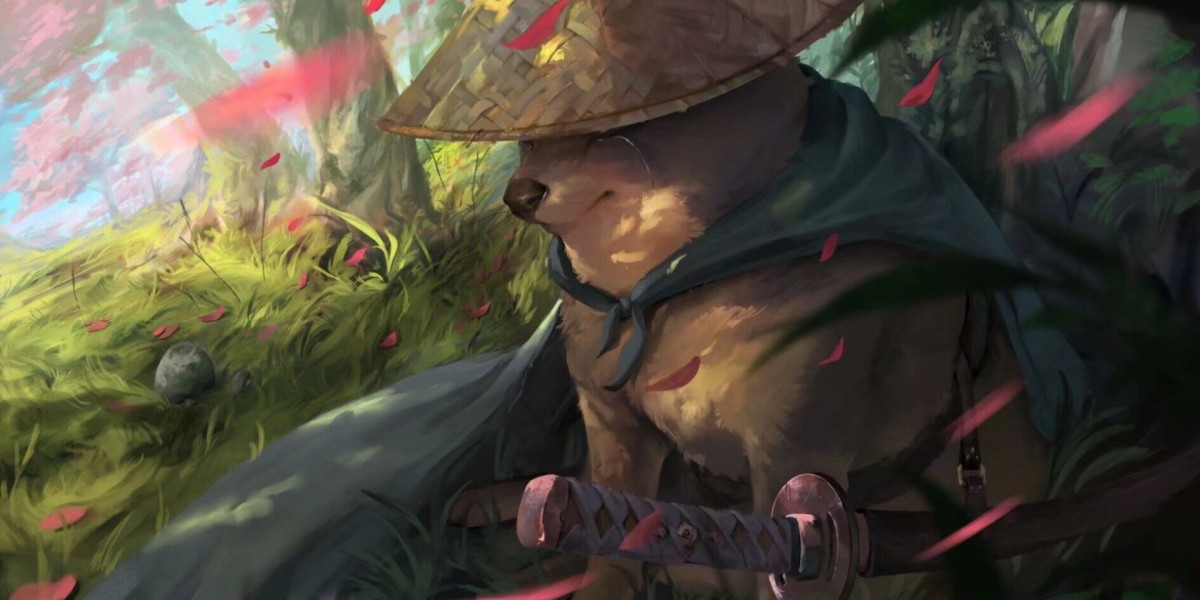There’s something undeniably magical about getting married in Ireland. From its rolling green hills and dramatic coastlines to its ancient castles and charming villages, Ireland offers a breathtaking backdrop for your special day. Whether you’re dreaming of an intimate elopement on the rugged Cliffs of Moher, a romantic castle wedding, or a traditional ceremony steeped in Celtic customs, Ireland offers endless possibilities.
But planning a wedding in Ireland involves more than just choosing a picturesque location. From legal requirements to unique Irish traditions and stunning venue options, this guide will help you navigate every detail to create a truly unforgettable wedding experience.
1. Legal Requirements for Getting Married in Ireland
Before you dive into planning your dream Irish wedding, it’s essential to understand the legal requirements. Here’s what you need to know:
A. Marriage Notification
Couples intending to marry in Ireland must provide at least three months' notice to the Registrar of Civil Marriages. This applies to both Irish citizens and international couples. You’ll need to attend a notification appointment in person, where you’ll declare your intention to marry.
B. Required Documents
To get legally married in Ireland, you’ll need:
- Valid passports or national ID cards
- Birth certificates
- Proof of address
- If previously married, divorce decree or death certificate of former spouse
- Marriage notification form (signed at your appointment)
C. Civil, Religious, or Humanist Ceremony
You can choose between a civil, religious, or humanist ceremony.
- Civil Ceremonies: Legally recognized and conducted by a registrar in approved venues.
- Religious Ceremonies: Held in churches or other places of worship, often following specific religious protocols.
- Humanist Ceremonies: Non-religious but meaningful ceremonies performed by a celebrant.
D. Symbolic or Commitment Ceremonies
For couples who prefer to skip the legalities, Ireland is a popular destination for symbolic ceremonies. Many couples complete the legal marriage in their home country and have a symbolic wedding in Ireland, allowing more flexibility with locations and customs.
2. Breathtaking Wedding Venues in Ireland
Ireland offers a wide range of stunning wedding venues, from historic castles to scenic coastal cliffs and charming countryside estates.
A. Fairytale Castles
For a wedding straight out of a fairytale, Ireland’s castles provide a majestic setting. Some of the most popular include:
- Ashford Castle (Co. Mayo) – A luxurious 13th-century castle with a private estate.
- Dromoland Castle (Co. Clare) – Known for its grandeur and impeccable service.
- Luttrellstown Castle (Co. Dublin) – Famous for hosting David and Victoria Beckham’s wedding.
B. Scenic Outdoor Locations
For couples seeking dramatic, windswept landscapes, Ireland’s natural beauty is unmatched:
- Cliffs of Moher (Co. Clare) – One of Ireland’s most iconic and romantic elopement locations.
- Connemara National Park (Co. Galway) – Wild, untamed scenery for an adventurous wedding.
- Glendalough (Co. Wicklow) – A serene and picturesque spot with lakes and ancient ruins.
C. Quaint Villages and Country Estates
For a more intimate, rustic feel, Ireland’s countryside offers charming estates and villages:
- Ballyvolane House (Co. Cork) – A charming country house perfect for relaxed weddings.
- The Village at Lyons (Co. Kildare) – A boutique hotel with quaint cottages and gardens.
- Tankardstown House (Co. Meath) – An elegant Georgian estate with beautiful grounds.
3. Embracing Irish Wedding Traditions
Adding Irish customs and traditions to your wedding can create a meaningful and memorable experience.
A. Handfasting Ceremony
One of the most popular Irish wedding traditions is the handfasting ceremony, an ancient Celtic ritual where the couple’s hands are bound together with ribbons or cords. This symbolizes their union and inspired the phrase “tying the knot.”
B. Claddagh Rings
Incorporate a Claddagh ring into your ceremony. Originating from Galway, this traditional Irish ring symbolizes love (heart), loyalty (crown), and friendship (hands). Many couples exchange Claddagh rings or use them as engagement or wedding bands.
C. Irish Blessings and Toasts
Include a traditional Irish blessing during your vows or as part of a toast. A popular one is:
“May your troubles be less and your blessings be more, and nothing but happiness come through your door.”
D. Celtic Music and Dance
Enhance the atmosphere with live Irish music featuring traditional instruments like the fiddle, tin whistle, and bodhrán. For the reception, consider a Ceilí dance, a lively Irish folk dance that will have everyone on their feet.
4. Planning Tips for a Stress-Free Wedding in Ireland
A. Hire a Local Wedding Planner
For a seamless experience, consider hiring a local wedding planner. They’ll have insider knowledge on the best venues, vendors, and legal requirements, making the process much smoother especially for destination weddings.
B. Choose the Right Season
Ireland’s weather can be unpredictable, but every season offers its own charm:
- Spring (March-May) – Lush, green landscapes and blooming flowers.
- Summer (June-August) – Longer days and warmer temperatures, ideal for outdoor ceremonies.
- Autumn (September-November) – Stunning golden foliage and fewer crowds.
- Winter (December-February) – Cozy, intimate castle weddings with roaring fireplaces.
C. Be Prepared for Rain
No matter the season, rain is always a possibility in Ireland. Embrace it as part of the romantic atmosphere. Photographers often capture stunning, moody images with misty rain or dramatic skies.
D. Accommodation and Transportation
If you’re hosting a destination wedding, consider nearby accommodation options for your guests. Ireland offers charming B&Bs, luxury hotels, and cozy countryside inns. Arrange group transportation if your venue is remote.
5. Capturing Your Wedding with Stunning Photography
Ireland’s beauty deserves to be captured by a skilled photographer who can document both the scenery and the emotions of your day.
- For cliffside or coastal weddings, choose a photographer experienced in handling outdoor lighting and changing weather conditions.
- For castle or estate weddings, find someone skilled at capturing both romantic portraits and elegant architectural details.
- Consider elopement photographers who specialize in intimate, adventurous shoots if you’re planning a smaller ceremony.
6. Why Ireland is Perfect for Elopements and Intimate Weddings
For couples seeking a more personal and adventurous experience, eloping in Ireland is a magical option. You can exchange vows atop windswept cliffs, in secluded forests, or beside ancient ruins creating a breathtakingly intimate and unforgettable experience.
Many photographers and wedding planners offer elopement packages, including officiants, floral arrangements, and accommodation recommendations, making it easy to plan from abroad.
Conclusion: Your Dream Wedding Awaits in Ireland
Getting married in Ireland is more than just a ceremony it’s an experience filled with romance, history, and natural beauty. From saying your vows with the Atlantic Ocean as your witness to dancing under the stars in a centuries-old castle, Ireland offers a wedding day straight out of a fairytale.
By embracing local traditions, scenic backdrops, and exceptional photography, your Irish wedding will be a celebration you’ll remember forever. Whether you’re planning a grand celebration or an intimate elopement, Ireland is the perfect destination to begin your forever.



